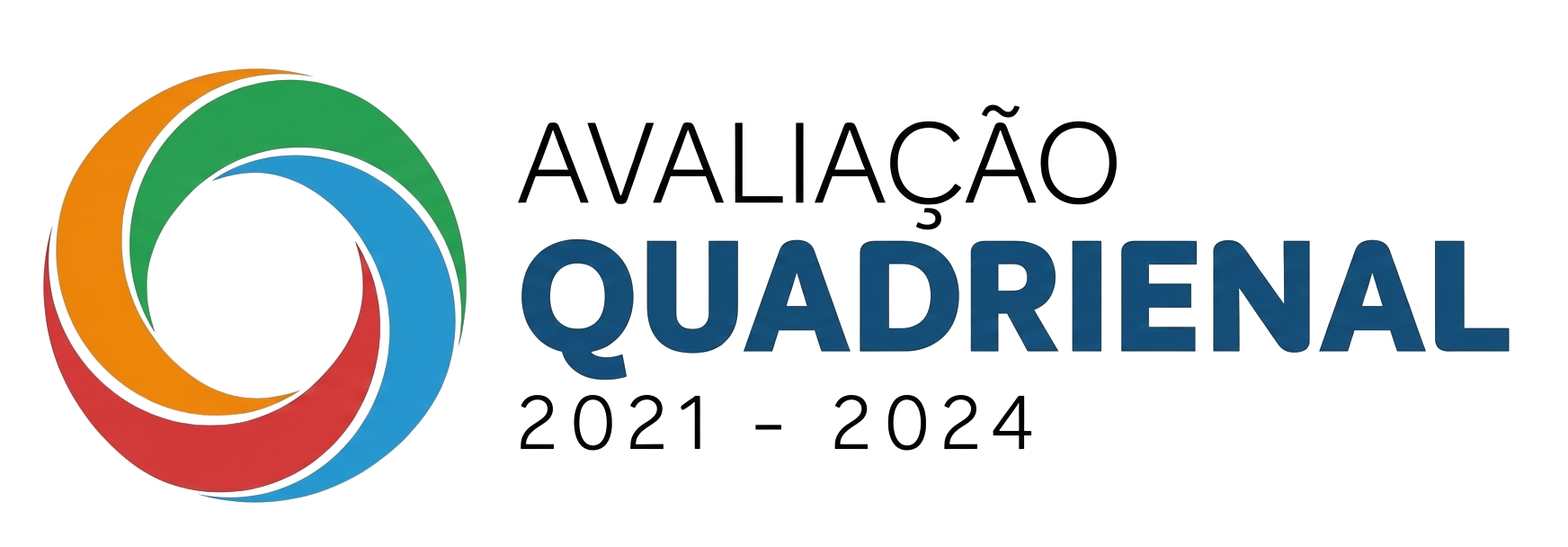Como Fazer Pesquisa em Direito Internacional?
um guia básico para iniciantes
DOI:
https://doi.org/10.5281/zenodo.13822993Palabras clave:
Direito Internacional, Pesquisa Jurídica, Teoria do Direito Internacional, Educação Jurídica, Redação JurídicaResumen
Este é um guia básico para estudantes que estão dando seus primeiros passos na pesquisa jurídica internacional. Este trabalho trata principalmente da reflexão e da elaboração de perguntas de pesquisa, bem como de questões relacionadas a fontes primárias e secundárias na pesquisa do direito internacional. O guia começa oferecendo uma tipologia aproximada das questões de pesquisa e, em seguida, discute brevemente suas relações básicas com a teoria e os métodos. Ele também oferece algumas sugestões sobre como encontrar e estruturar questões de pesquisa, particularmente relevantes para os alunos que estão escrevendo seus primeiros trabalhos de pesquisa. Em seguida, passa então a abordar as fontes secundárias e primárias na pesquisa jurídica internacional. Ele inclui alguns conselhos sobre como abordar a pesquisa jurídica internacional em um mundo de hegemonia e excesso de informações, e explica como localizar fontes primárias relevantes.
Descargas
Citas
ABBOTT, Kenneth W.; SNIDAL, Duncan. Hard and Soft Law in International Governance. International Organization, v. 54, p. 421, 2000.
AHMADE, Adil. Law and Morality at War. Oxford: Oxford University Press, 2017.
ANGHIE, Antony. Francisco de Vitoria and the Colonial Origins of International Law. Social & Legal Studies, v. 5, p. 321, 1996.
PAHUJA, Sundhya. The Postcoloniality of International Law. Harvard Journal of International Law, v. 46, p. 459, 2005.
BASSIOUNI, M. Cherif. A Functional Approach to “General Principles of International Law”. Michigan Journal of International Law, v. 11, p. 768, 1990.
BENVENISTI, Eyal; LUSTIG, Doreen. Monopolizing War: Codifying the Laws of War to Reassert Governmental Authority, 1856–1874. European Journal of International Law, v. 31, p. 127, 2020.
BENVENISTI, Eyal. The Legal Battle to Define the Law on Transnational Asymmetric Warfare. Duke Journal of Comparative & International Law, v. 20, p. 339, 348, 2010.
BIANCHI, Andrea. International Law Theories: An Inquiry into Different Ways of Thinking. Oxford University Press: Oxford, 2016.
BLUM, Gabriella. The Dispensable Lives of Soldiers. Journal of Legal Analysis, v. 2, p. 115, 2010.
COHEN, Felix S. Transcendental Nonsense and the Functional Approach. Columbia Law Review, v. 35, p. 809, 1935.
COHEN, Harlan Grant. Are We (Americans) All International Legal Realists Now? In: GIORGETTI, Chiara; VERDIRAME, Guglielmo (Ed.). Whither the West? International Law in Europe and the United States. Cambridge: Cambridge University Press, 2021. p. 33 - 52
DUNOFF, Jeffrey L.; TRACHTMAN, Joel P. Economic Analysis of International Law. Yale Journal of International Law, v. 24, p. 1, 1999.
DWORKIN, Ronald. Law’s Empire. Belknap Press of Harvard University Press, 1986.
FRANCK, Thomas M. Legitimacy in the International System. American Journal of International Law, v. 82, p. 705, 1988.
GOLDENFEIN, Jake; BENTHALL, Sebastian; GRIFFIN, Daniel; TOCH, Eran. Private Companies and Scholarly Infrastructure — Google Scholar and Academic Autonomy. Oct. 28, 2019.
GRIMAL, Francis. Twitter and the jus ad bellum: threats of force and other implications. Journal of the Use of Force & International Law, v. 6, p. 183, 2019.
GROSS, Aeyal M. Human Proportions: Are Human Rights the Emperor's New Clothes of the International Law of Occupation? European Journal of International Law, v. 18, p. 1, 2007.
HAKIMI, Monica. Making Sense of Customary International Law. Michigan Law Review, v. 118, p. 1487, 2020.
HELLER, Kevin Jon. Customary International Law Symposium: The Stubborn Tenacity of Secondary Rules. Opinio Juris. Jul. 7, 2020.
KOH, Harold Hongju. Is there a “New” New Haven School of International Law? Yale Journal of International Law, v. 32, p. 559, 2007.
KOSKENNIEMI, Martti. What Is Critical Research in International Law? Celebrating Structuralism. Leiden Journal of International Law, v. 29, p. 727, 2016.
KOSKENNIEMI, Martti; LEINO, Päivi. Fragmentation of International Law? Postmodern Anxieties. Leiden Journal of International Law, v. 15, p. 553, 2002.
KOSKENNIEMI, Martti. The Politics of International Law. European Journal of International Law, v. 1, p. 4, 1999.
NÍ AOLÁIN, Fionnuala. The Gender of Occupation. Yale Journal of International Law, v. 45, p. 335, 2020.
OPPENHEIM, Lassa. International Law: A Treatise. London: Longmans, 1912.
RATNER, Steven R.; SLAUGHTER, Anne-Marie. Appraising the Methods of International Law: A Prospectus for Readers. American Journal of International Law, v. 93, p. 291, 292, 1999.
REISMAN, W. Michael. The View from the New Haven School of International Law. American Society of International Law Proceedings, v. 86, p. 118, 1992.
ROBERTS, Anthea. Is International Law International? Oxford University Press, 2017.
RUYS, Tom; FERRO, Luca. Weathering the Storm: Legality and Legal Implications of the Saudi-Led Military Intervention in Yemen. International & Comparative Law Quarterly, v. 65, p. 61, 2016.
SHAPIRO, Scott J. Legality. Belknap Press: An Imprint of Harvard University Press, 2011.
Statute of the International Court of Justice, Art. 38(1)(d), June 26, 1945, 59 Stat. 1055, 33 U.N.T.S. 933.
TZOUVALA, Ntina. Civilization. In: D’ASPREMONT, Jean; SINGH, Sahib (Ed.). Concepts for International Law: Contributions to Disciplinary Thought. 2019. p. 83.
URIBURU, Justina. Between Elitist Conversations and Local Clusters: How Should we Address English-centrism in International Law? Opinio Juris. Nov. 2, 2020.
VATTEL, Emmerich de. The law of nations, or, Principles of the law of nature, applied to the conduct and affairs of nations and sovereigns, with three early essays on the origin and nature of natural law and on luxury. [Edited and with an introduction by Be´la Kapossy and Richard Whatmore; translated by Thomas Nugent]. Indianapolis: Liberty Fund, 2008.
WILLIAM, C. Banks; CRIDDLE, Evan J. Customary Constraints on the Use of Force: Article 51 with an American Accent. Leiden Journal of International Law, v. 29, p. 67, 2016.
WILLIAM, David. Military Necessity and the Cultures of Military Law. Leiden Journal of International Law, v. 26, p. 315, 2013.
Descargas
Publicado
Cómo citar
Número
Sección
Licencia
Copyright (c) 2020 Cadernos Eletrônicos Direito Internacional sem Fronteiras.

This work is licensed under a Creative Commons Attribution 4.0 International License.





